Are you looking to add some flavor and personality to your writing? Using these colloquialism examples is the perfect way to get started.
Colloquialisms are words, phrases, or expressions that are used in everyday language and casual conversation but not always considered part of formal writing.
Using colloquial words in informal or formal language can help make your writing more interesting and relatable for readers. Whether it’s a blog post, essay, story, or any other type of written work, adding colloquialisms can help bring it alive with color and life.
In this article, we will discuss many examples of colloquialisms as well as 5 tips on how to effectively use them in your own writing. We will also explain what makes up a colloquial phrase so that you know exactly when and where these expressions should be used.
What Are Colloquialisms?
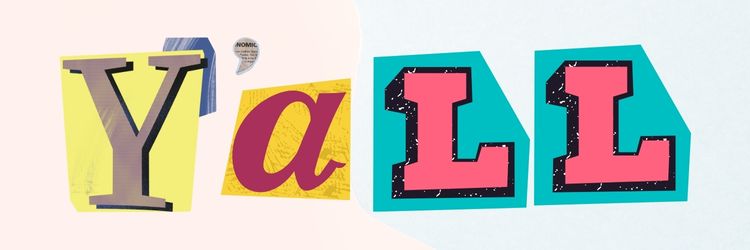
A colloquialism is a literary device that uses everyday words, phrases, and expressions that are usually not found in formal writing but are used in informal conversations to create a more natural-sounding and casual dialogue.
Colloquialism phrases are found all over the world across many different languages and often originate from regional dialects. Examples of some common American colloquialisms include “ain’t,” “gonna,” “gimme,” and “y’all.”
They’re often used in writing or conversation to convey an air of authenticity when you’re trying to capture how people actually talk in real life. It can also add a sense of humor and familiarity to your writing, making it more enjoyable for your readers.
Colloquialisms are often used when you’re trying to write fictional characters or tell a story from an informal point of view.
When using colloquial language in your writing, make sure you understand its context and use it appropriately so that it doesn’t become distracting or detract from the point you’re trying to make.
Differences Between Colloquialisms, Jargon, and Slang
Jargon, slang, and colloquialisms are all forms of informal speech. However, each type has different characteristics that set them apart from one another.
Colloquial speech is the most common and generally accepted form of informal language, while slang and jargon tend to be more specialized depending on a person’s profession or social circle.
All three types should be used with caution since they could come off as unprofessional or offensive when used incorrectly.
Slang
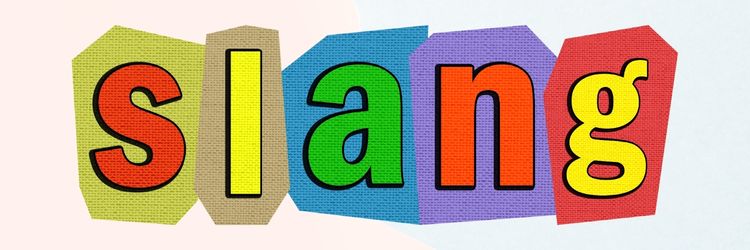
Slang, in comparison, is a more unique type of informal speech that often has a negative connotation attached to it. Slang words are typically created by younger generations or subcultures and tend to be specific to certain areas or social groups.
Examples of slang terms include terms like “dope,” “bae,” and “lit.”
Slang is often used to surprise, impress, or connect with peers, but can also be offensive if used inappropriately.
Jargon
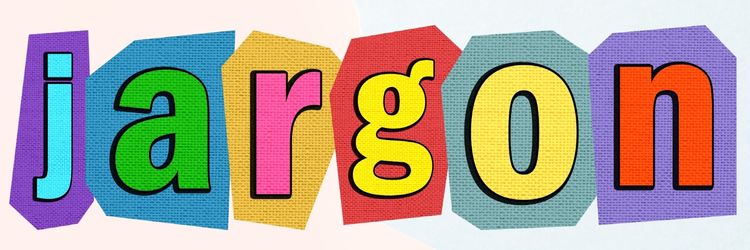
Jargon is the most specialized type of informal language of these three. Jargon consists of words or phrases related to a particular profession or hobby that may not be familiar to outsiders of that field.
For example, medical jargon includes complicated terms such as “tachycardia” and “lumbar puncture,” while computer jargon includes words like “DevOps” and “kerning.”
Jargon, also called technical language, is extremely useful for professionals but can easily confuse non-experts who do not understand it.
Examples of Colloquialisms
Now that we’ve covered the basic understanding of colloquialisms and why they are used, let’s dive into some specific colloquialism expressions to provide some further examples.
We will cover examples of colloquialisms in various areas of life, including in everyday speech, different dialects of English, literature, and as it relates to people and names.
Colloquialisms in Everyday Speech
Here are a few examples of how colloquial language is used in everyday speech.
Many of these are also great examples of idioms, a type of literary device that often uses imagery to convey a figurative meaning that is different from the literal meaning.
- “That’s a load of crap!”
- “You’re pulling my leg.”
- “Let’s get the ball rolling.”
- “It’s raining cats and dogs out there!”
- “My head is spinning with all this information.”
- “This place looks like a dump.”
- “You’re in hot water now!”
- “Gimme a break!”
- “Don’t make me laugh!”
- “Watch your mouth!”
- “Stop beating around the bush!”
- “Don’t sugarcoat it.”
- “Catch you later.”
- “This guy is an absolute joke!”
- “Letting the cat out of the bag”
- “I’m feeling under the weather today.”
- “It cost an arm and a leg.”
- “Piece of cake”
- “The boss gave him the cold shoulder.”
- “That blew my mind!”
Colloquialism Examples for People
You might not realize it, but we actually use a lot of colloquial language when we refer to friends, family, and other people. Here are a few examples:
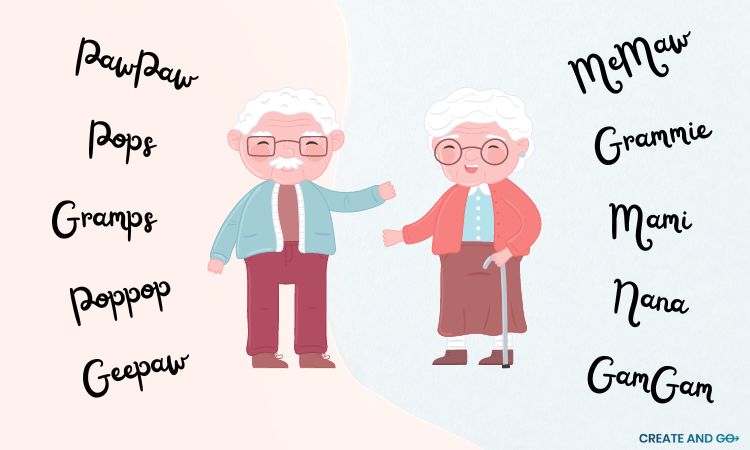
- MawMaw or PawPaw – grandparents
- Bestie – best friend
- Nosy Nelly – a nosy person
- Party pooper – someone who ruins a party
- Noob – a newbie or amateur
- Joe Schmoe – random person
- Boo/Bae – your partner or lover
- Prat – a pompous or self-entitled person (UK)
- Broski – brother
- Numb-nuts – a careless or less intelligent person
- Tattle tale – someone who tells on someone else
- Bromance – a non-romantic relationship between two men
- Happy camper – someone who is happy
- Chatterbox – someone who talks a lot
- Goody-Two-Shoes – someone who tries to behave well in order to impress others
Colloquialisms in Different Languages
The following colloquial examples are from various English-speaking countries.
Colloquialisms in British English
- “Chin Wag” – meaning to have a conversation
- “Chuffed” – feeling very pleased or satisfied with oneself
- “Knackered” – exhausted, tired
- “Cuppa” – term used for a cup of tea
- “Cheeky Nandos” – slang expression for going out for dinner with friends
Colloquialisms in Australian English
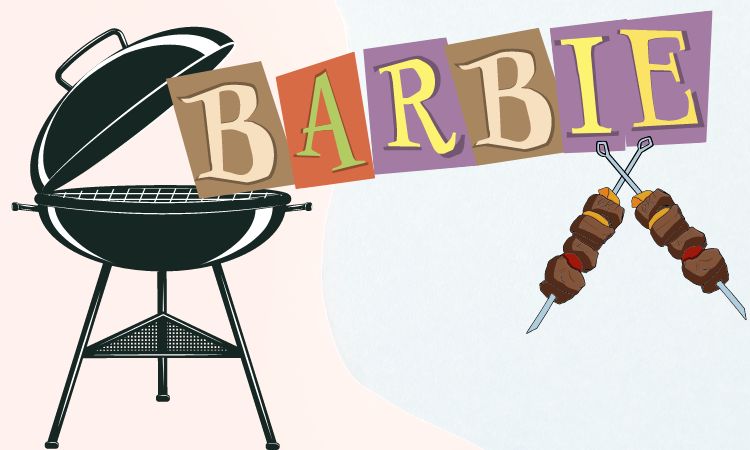
- “Barbie” – barbecue
- “Ripper” – something that is great or fantastic
- “Chockers” – very full or overstuffed
- “Togs” – swimsuit
- “Banger” – something of high quality or excellence
Colloquialisms in American English
- “Hangry” – feeling angry due to hunger
- “Lit” – exciting, wild, or fun
- “Catch a Vibe” – to be in the same mood as someone else
- ”Woke” – aware of current social issues and events
- “Chillaxin’ – relaxing
Colloquialisms in Items and Other Things
We use a lot of words to describe things in our language that aren’t actually in the dictionary. There’s probably a colloquial word for just about any everyday item or thing you can think of!
Here are a few examples:
- Binky = Pacifier
- Kicks = Shoes
- Noggin = Head
- Bucks = Money
- Whip = Car
- Flick = Movie
- Nappies = Diapers
- Grub = Food
- Buggy = Stroller
- Bling = Diamonds or jewelry
- Tee = T-Shirt
- Clicker = TV Remote
- Rollie Pollies = Armadillidiidae bugs
- Pop = Soft drink or cola
- Crib = House
Colloquialism Examples in Literature
Examples of colloquialism in literature can be found throughout the world’s classic stories and writings.
Colloquialism examples in literature offer readers an authentic experience with characters from all parts of the world while also providing insight into traditional values and beliefs within different cultures.
The use of these words and expressions allows writers to bring their stories to life with vivid descriptions, imagery, and immersive dialogue that immerses readers into the narrative.
1. To Kill a Mockingbird by Harper Lee
In the Pulitzer Prize-winning novel To Kill a Mockingbird, colloquial expressions like “as stubborn as a mule” and “you can kiss my foot” bring the characters to life and reflect the rural setting of Maycomb County, Alabama where the story takes place.
Other examples from this classic story include “cat got your tongue?” and “heaven knows what”.
2. Cathedral by Raymond Carver
In Raymond Carver’s short story “Cathedral,” there are several uses of colloquial language that give an insight into the narrator’s everyday speech patterns. For example, he talks about his wife being “tickled pink” when they plan their trip to New York City—an expression that speaks to her excitement and enthusiasm for the adventure ahead.
Another example is when he says his friend has “more money than brains,” giving us a glimpse into how he perceives his wealthy acquaintances.
3. Crime & Punishment by Fyodor Dostoevsky
In Fyodor Dostoevsky’s Crime & Punishment, he includes characters who speak in Russian slang; expressions such as “bespredel’nyi” (meaning limitless) or “glupost'” (meaning stupidity).
Such terms give readers an understanding of the specific language during this time period in Russia rather than relying on more universal language that might not accurately capture this historical era or culture.
4. The Catcher in the Rye by J.D. Salinger
In J.D. Salinger’s classic novel The Catcher in the Rye, protagonist Holden Caulfield speaks in a unique colloquial language, peppered with slang and idiomatic expressions like “phonier than a three dollar bill” and “lousy with money.”
This use of language reflects Holden’s youth and gives readers an insight into his worldview. Other examples include “flat out cornball” and “flitwits,” highlighting the common language of teenagers during this era.
5. Pride & Prejudice by Jane Austen
In Jane Austen’s beloved novel Pride & Prejudice, one example of a colloquial expression is “I was never so bewitched by anyone.”
These phrases capture the spirit of Regency England, where polite society was just as important as wit and charm – particularly among young ladies who were looking for love and marriage prospects.
Other examples from this timeless book include “it is a truth universally acknowledged” and “what an upstart creature she is!” – both phrases that accurately mirror the attitudes of people during this time period.
Tips to Use Colloquialisms in Your Writing

Now that we’ve covered the basics of colloquial language and shared some common examples of colloquialism, let’s go over a few tips to help you use these in your everyday language.
1. Utilize Regional Language
Depending on the region, different colloquialisms are used. Do research to see what language is spoken in the particular area you are writing about and use that to make your writing more authentic.
2. Balance Dialogue with Narration
When using colloquialisms in dialogue, constantly repeating it can become monotonous and lead to readers losing interest. Make sure to intersperse narrative passages between dialogue for a smoother read.
3. Create an Atmosphere
By using colloquialisms, writers are able to create a sense of atmosphere or mood that reflects their characters’ personalities and settings in which their characters exist. This will help bring a story alive and give it depth.
4. Use Appropriate Tone
It is important to consider the tone when employing colloquialisms in your work as they should be appropriate for the subject matter and audience. For example, if you are writing for a sophisticated audience then you should avoid using too much slang so as not to offend them or diminish the impact of your message.
5. Keep it Realistic
If a piece of dialogue does not sound realistic enough, it will take away from the believability of your story or message.
When incorporating colloquial language into your writing make sure it sounds authentic and is grammatically correct, with no spelling mistakes or typos that could disrupt the flow of your work’s credibility.
Colloquial Conclusion
Using colloquial words in your writing or informal speech is a powerful way to connect with your audience and bring your characters to life.
Understanding slang words and colloquial phrases can also help you communicate more naturally and comfortably in everyday conversation.
While it’s not always used in formal language, it can be used in this context to come off as more relatable to your audience.
By understanding the basics of colloquialism, you can make sure that any dialogue or narration you write stays realistic and appropriate for your target audience.
With some research into regional language, balanced use of dialogue with narrative passages, creating atmosphere through words, using an appropriate tone, and keeping it real – you’ll be well on your way to mastering this important skill!
Whether you’re penning stories set in Maycomb County Alabama or Moscow Russia – these tips will help ensure that each sentence reads like something from real life.
If you’re looking to spice up your writing, you may also find our articles on the following topics helpful:
We hope that you found this article on examples of colloquialisms helpful and that it inspires you on your own writing journey!